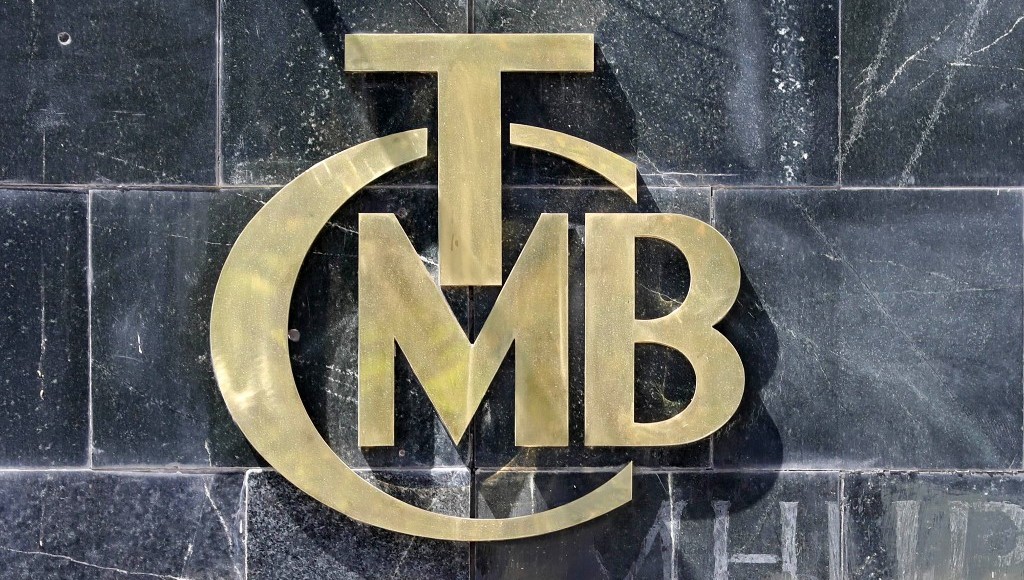Turkey’s central bank on Thursday bucked global trends once again and kept its benchmark interest rate stable despite one of the highest levels of consumer price increases in the world, Agence France-Presse reported.
The decision at a monthly policy meeting came two weeks after President Recep Tayyip Erdoğan — a lifelong opponent of high interest rates — denied that Turkey had an “inflation problem.”
Turkey’s official annual rate of consumer price increases has edged above 70 percent.
But independent estimates by Turkish economists suggested the real figure could be substantially higher.
The inflationary spiral has decimated Turks’ living standards and helped push Erdoğan’s public approval ratings to one of the lowest levels of his two-decade rule.
But Erdoğan has vowed not to raise rates before a general election due in June 2023.
“We do not have an inflation problem. We have a cost-of-living problem,” Erdoğan said this month.
The central bank blamed higher prices on “temporary” global factors and kept its policy rate at 14 percent for the sixth month in a row.
Economists warn that Ankara’s continued refusal to join most other countries in raising rates to fight the spike in food and energy prices caused by Russia’s invasion of Ukraine could see the Turkish lira collapse.
“High inflation, falls in the lira and aggressive monetary tightening elsewhere are clearly not enough to persuade Turkey’s central bank to lift interest rates,” Capital Economics said in a research note.
“Disorderly falls in the lira are a major risk, which would probably be met with capital controls rather than rate hikes.”
The lira has lost half its value against the dollar in the past year and has entered an accelerated slide in the past month despite indirect government interventions and other currency support measures.

